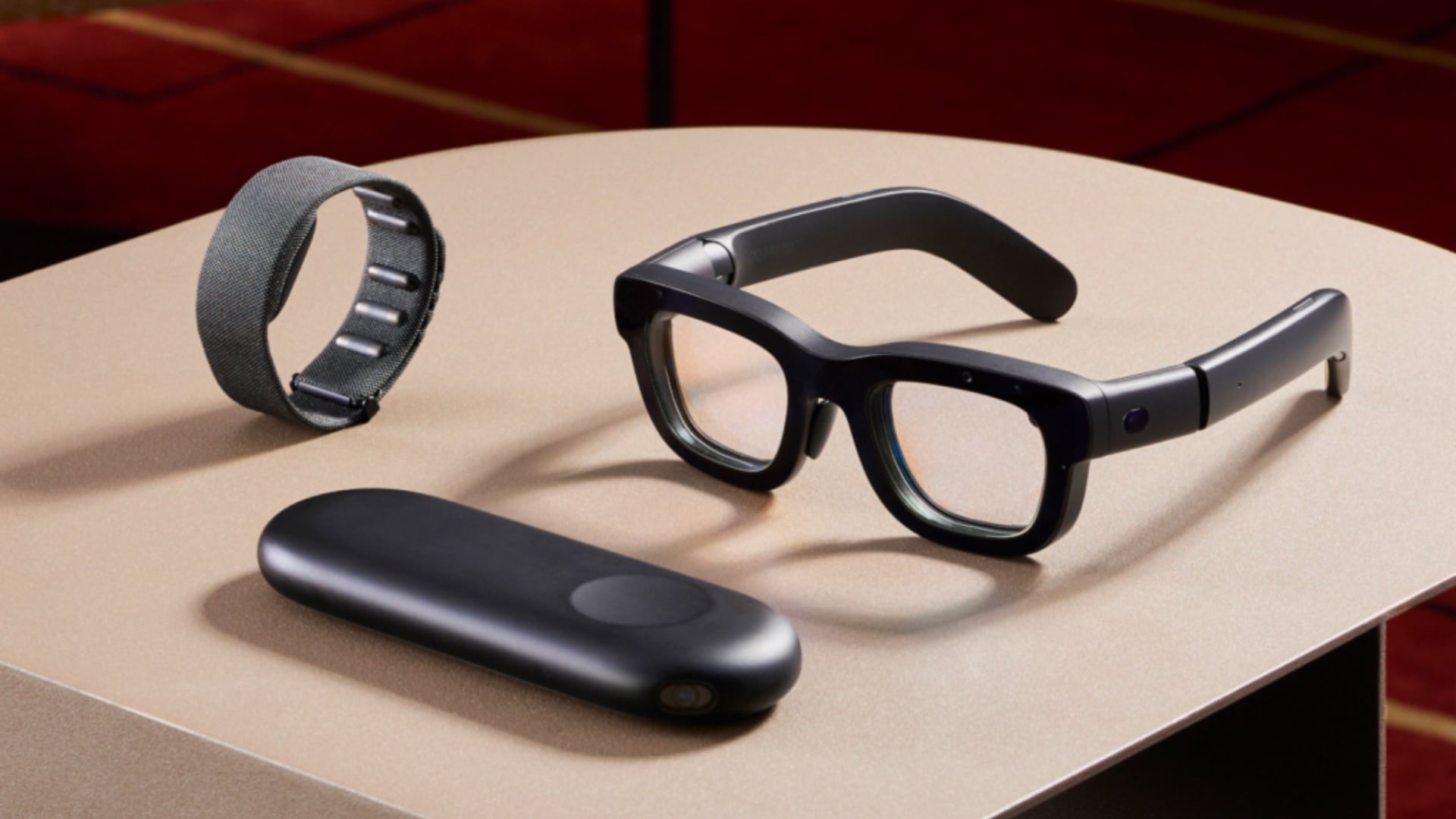As debate grows around what might replace smartphones, Samsung appears ready to stake its claim on the future. According to SamMobile, the company is preparing its first pair of smart glasses, designed to compete directly with Meta’s AI-powered eyewear and possibly outpace Apple’s long-awaited entry into the space.
Smart Glasses Without a Screen
Samsung’s first generation of glasses is expected to arrive by late 2026. These will not yet feature augmented reality displays. Instead, they will work much like Meta’s AI Glasses, offering a built-in camera, microphones, speakers, and an AI assistant. Users will be able to snap photos or record video, ask questions, listen to audio responses, and interact seamlessly with their Galaxy smartphones.
Unlike headsets such as Meta Quest or Apple Vision Pro, these glasses are designed for everyday wear. They won’t try to immerse users in virtual reality but instead focus on hands-free convenience, letting AI handle tasks that now require a phone in hand.
This approach puts Samsung in a strong position to capture attention quickly. Smart glasses without screens are simpler, more discreet, and less expensive to produce than full AR headsets, making them a practical first step into the mainstream.
The Leap to Augmented Reality by 2027
While the 2026 release serves as an opening move, the real breakthrough is expected the following year. According to SamMobile, Samsung is already working on a second-generation version with an AR display, targeting a 2027 launch.
This model would allow users to see digital overlays in their real-world environment—directions, notifications, translations, or even video calls projected directly into the lenses. If delivered as planned, these glasses could rival or even surpass Apple Glass, which is rumored to appear in 2026 but without full AR functionality.
Samsung’s long-standing partnership with Google means that Gemini, Google’s AI platform, is expected to play a central role in powering the glasses. But insiders suggest Samsung is also building its own software ecosystem, signaling ambitions to control not just the hardware but the user experience as a whole.
Apple, Meta, and the Race for Your Face
The competition is heating up. Meta has already taken the first step, releasing Ray-Ban Meta AI Glasses, which offer voice-controlled photography and real-time AI responses but no visual display. Apple, for its part, is reportedly planning to introduce its first smart glasses in 2026. However, SamMobile reports that Apple’s initial offering will be less powerful than Samsung’s, focusing on basic functions without advanced AR integration.


That leaves Samsung with a potential edge. If it succeeds in launching true AR glasses in 2027, it could jump ahead of Apple, whose strategy has traditionally been more conservative—preferring gradual adoption over bold leaps.
Meanwhile, Meta’s strategy remains tightly linked to its social platforms. Its AI glasses integrate smoothly with Facebook and Instagram, but the company has yet to prove it can deliver hardware with the polish and global reach of Samsung or Apple.
Toward a Post-Smartphone Era
Mark Zuckerberg once predicted the end of smartphones as we know them, replaced by lightweight wearables. SamMobile fits Samsung’s approach into this vision: a company already preparing an entirely new category that could reshape the way we interact with technology.
Smart glasses are still a developing field, and mass adoption is far from guaranteed. Concerns about privacy, battery life, and cost remain. Yet Samsung’s timeline—AI glasses in 2026, AR glasses in 2027—shows a clear bet: that the future of mobile technology won’t fit in our pockets but rather sit on our faces.
Source link

